Table of content
Introduction
Introducing solid foods to your baby is a milestone filled with excitement and curiosity. Among the first foods recommended by pediatricians, porridge stands out as a versatile, nutrient-dense option that can be tailored to suit your child’s developmental stage and taste preferences. Porridge, often made from grains like rice, oats, or quinoa, provides essential carbohydrates, fiber, and vitamins while being gentle on a baby’s delicate digestive system. This article explores a variety of creative and nutritious porridge recipes designed to cater to babies from 4 months old up to their first birthday. Whether you’re a first-time parent or a seasoned caregiver, these recipes offer a blend of simplicity, flavor, and nutritional balance to support your baby’s growth.
Chapter 1: The Basics of Baby Porridge
Before diving into recipes, it’s essential to understand the fundamentals of preparing porridge for infants. The American Academy of Pediatrics (AAP) recommends introducing solids around 6 months of age, though some babies may show readiness as early as 4 months. Signs of readiness include sitting upright with support, showing interest in food, and the ability to move food from a spoon to the back of the throat.
Key Considerations:
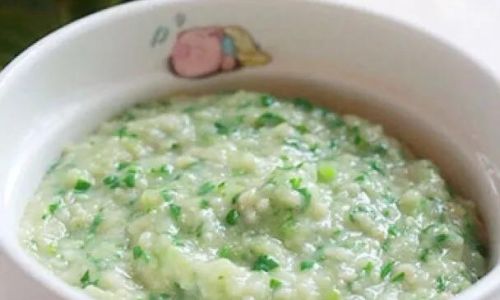
- Texture Progression: Start with smooth, runny porridge and gradually thicken it as your baby develops chewing skills.
- Allergen Awareness: Introduce one new ingredient at a time and wait 3–5 days before adding another to monitor for allergic reactions.
- Nutritional Balance: Combine grains with vegetables, fruits, or proteins to create well-rounded meals.
Chapter 2: Single-Grain Porridges for Early Starters (4–6 Months)
At this stage, porridges should be silky-smooth and free from lumps. Single-grain options minimize the risk of allergies and are easy to digest.
Classic Rice Porridge
Ingredients:
- 1 tbsp white rice (preferably organic)
- 1 cup water or breast milk/formula
Instructions:
- Rinse the rice thoroughly and soak for 30 minutes to reduce arsenic levels.
- Drain and blend the rice into a fine powder using a spice grinder or blender.
- Mix the powder with 1 cup of water in a saucepan. Cook over low heat, stirring constantly, for 10–15 minutes until thickened.
- Stir in breast milk or formula to achieve a thin, runny consistency.
Tip: For added creaminess, substitute water with bone broth (ensure it’s low-sodium and fully cooked).
Oatmeal Delight
Ingredients:
- 1 tbsp rolled oats (steel-cut oats may be too coarse)
- 1/2 cup water or breast milk
Instructions:
- Grind the oats into a fine powder.
- Whisk the powder into boiling water and reduce heat to a simmer.
- Cook for 5–7 minutes, stirring to prevent clumping.
- Add breast milk or formula for a smoother texture.
Nutritional Boost: Mix in a pinch of cinnamon or a teaspoon of mashed banana post-cooking.
Chapter 3: Vegetable-Infused Porridges (6–8 Months)
As your baby becomes accustomed to grains, introduce subtle vegetable flavors to expand their palate.
Sweet Potato & Rice Porridge
Ingredients:
- 2 tbsp cooked sweet potato (mashed)
- 1 tbsp rice powder (from Chapter 2)
- 1/2 cup water or vegetable broth
Instructions:
- Prepare the rice porridge as directed.
- Whisk in the sweet potato until fully incorporated.
- Add a splash of breast milk for extra richness.
Why Sweet Potato? Rich in beta-carotene and fiber, this root vegetable aids digestion and eye health.
Carrot & Quinoa Blend
Ingredients:
- 1 tbsp quinoa (rinsed and toasted to remove bitterness)
- 1/4 cup steamed carrot (pureed)
- 3/4 cup water
Instructions:
- Grind the quinoa into a coarse flour.
- Boil the water, then whisk in the quinoa powder. Simmer for 10 minutes.
- Fold in the carrot puree and cook for an additional 2 minutes.
Pro Tip: Quinoa is a complete protein, making this porridge ideal for vegetarian families.
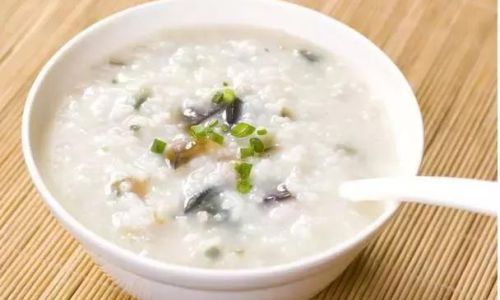
Chapter 4: Fruit-Forward Recipes (8–10 Months)
At this stage, babies often enjoy mildly sweet flavors. Fruits add natural sweetness and vitamins.
Apple & Oat Porridge
Ingredients:
- 1 tbsp oats (ground)
- 1/4 cup unsweetened applesauce (homemade preferred)
- 1/2 cup water or apple juice (diluted with water)
Instructions:
- Cook the oat porridge as usual.
- Stir in the applesauce and a splash of juice for flavor.
Variation: Use pear instead of apple for a different taste profile.
Mango & Millet Mash
Ingredients:
- 1 tbsp millet (ground)
- 1/4 cup ripe mango (pureed)
- 1/2 cup coconut milk (unsweetened)
Instructions:
- Toast the millet in a dry pan until fragrant, then grind.
- Simmer the millet powder in coconut milk for 8–10 minutes.
- Blend in the mango puree.
Health Benefit: Mango provides vitamin C, which aids iron absorption.
Chapter 5: Protein-Packed Porridges (10–12 Months)
As your baby approaches their first birthday, introduce proteins to support muscle development.
Chicken & Vegetable Porridge
Ingredients:
- 2 tbsp cooked chicken (shredded and pureed)
- 1 tbsp rice or quinoa porridge base
- 1/4 cup mixed vegetables (peas, carrots, spinach)
- 1/2 cup chicken broth (low-sodium)
Instructions:
- Cook the porridge in broth until thickened.
- Stir in the chicken and vegetables. Simmer for 5 minutes.
Safety Note: Ensure meat is fully cooked and finely pureed to avoid choking.
Lentil & Spinach Power Bowl
Ingredients:
- 1 tbsp red lentils (soaked and cooked until soft)
- 1 tbsp spinach (steamed and pureed)
- 1/2 cup water or vegetable broth
Instructions:
- Blend the lentils and spinach into the porridge base.
- Cook until creamy, adding liquid as needed.
Nutritional Highlight: Lentils are an excellent plant-based protein and iron source.
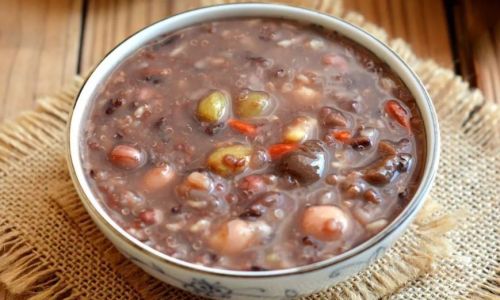
Chapter 6: Creative Combinations & Texture Experiments
Encourage self-feeding by introducing soft lumps and finger-food-friendly textures.
Rainbow Veggie Porridge
Ingredients:
- 1/4 cup mixed vegetables (zucchini, bell pepper, broccoli)
- 1 tbsp oat porridge
- 1/4 cup water
Instructions:
- Steam and mash the vegetables.
- Mix into the porridge, leaving small chunks for texture.
Learning Opportunity: Use colorful veggies to make mealtime visually engaging.
Berry Blast Oatmeal
Ingredients:
- 1 tbsp oats
- 1/4 cup mixed berries (strawberries, blueberries)
- 1/2 cup water or breast milk
Instructions:
- Cook the oats as usual.
- Mash the berries and swirl into the porridge.
Tip: Freeze berry puree into ice cubes for quick additions.
Chapter 7: Advanced Techniques & Tools
Elevate your porridge game with these pro tips:
- Slow Cooker Magic: Prepare large batches overnight by combining grains, veggies, and broth in a slow cooker on low heat.
- Freezer Stashes: Portion cooked porridge into ice cube trays for easy reheating.
- Spice It Up: Introduce mild herbs like basil or dill (after 8 months) to develop taste buds.
Chapter 8: Addressing Common Concerns
Q: My baby refuses porridge. What should I do?
A: Experiment with temperatures (slightly warmer or cooler) or mix in a familiar flavor like breast milk.
Q: Can I use store-bought baby cereal?
A: Yes, but homemade allows control over ingredients and freshness.
Q: How do I prevent constipation?
A: Include prunes, pears, or chia seeds (after 6 months) for natural fiber.
Conclusion
Porridge is more than just a first food—it’s a canvas for creativity and nutrition. By varying grains, vegetables, fruits, and proteins, you can create endless combinations that delight your baby’s senses and support their growth. Remember to prioritize organic ingredients, maintain impeccable hygiene, and, most importantly, enjoy this precious culinary adventure with your little one. Bon appétit!
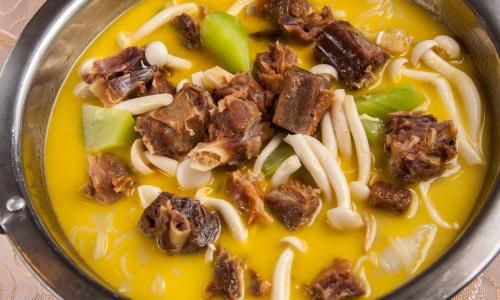


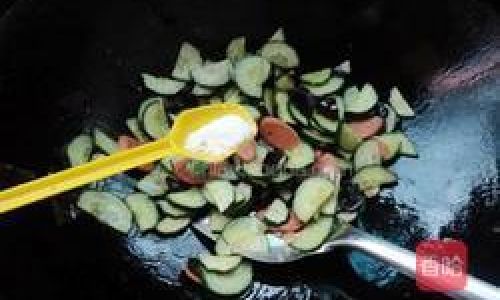
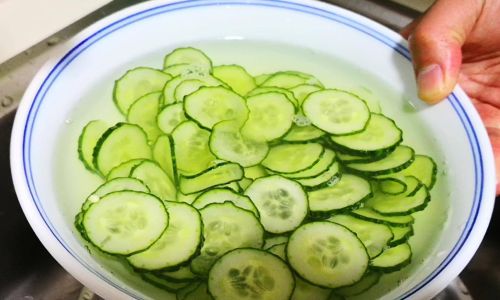
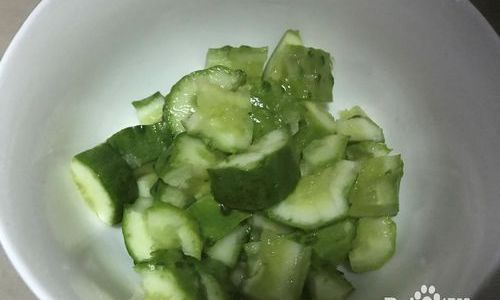
0 comments